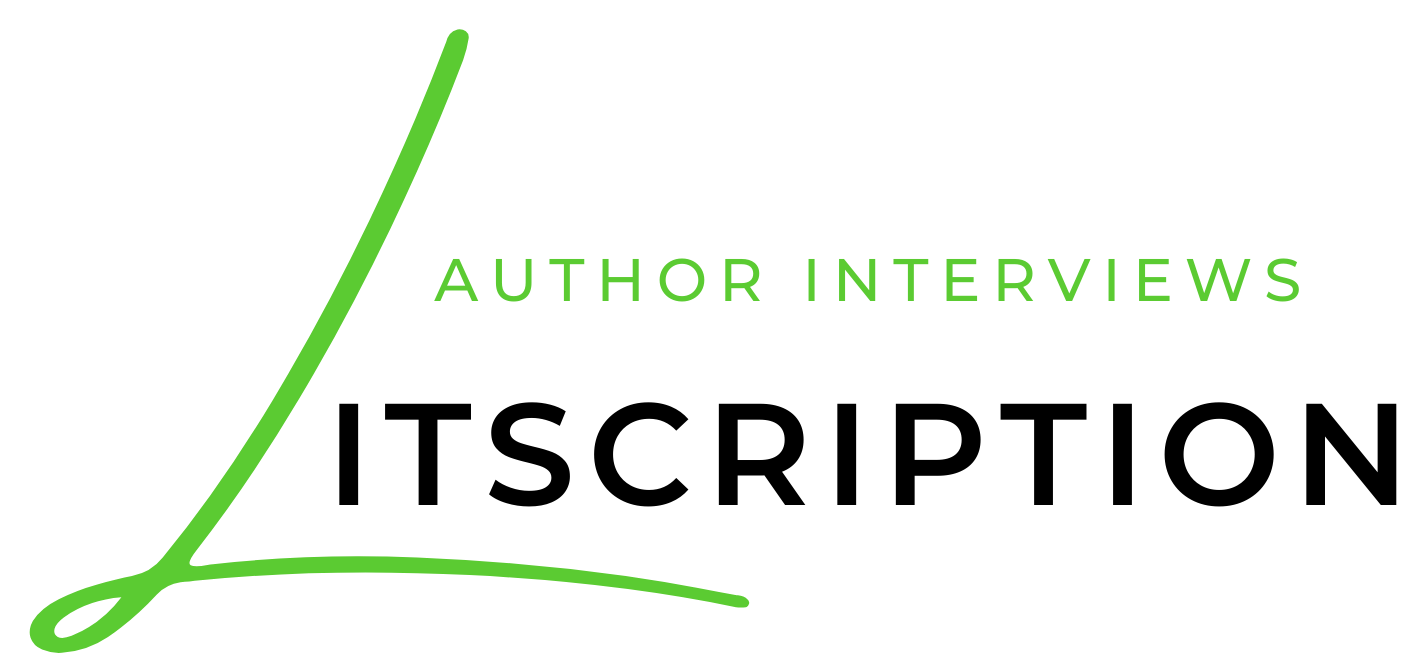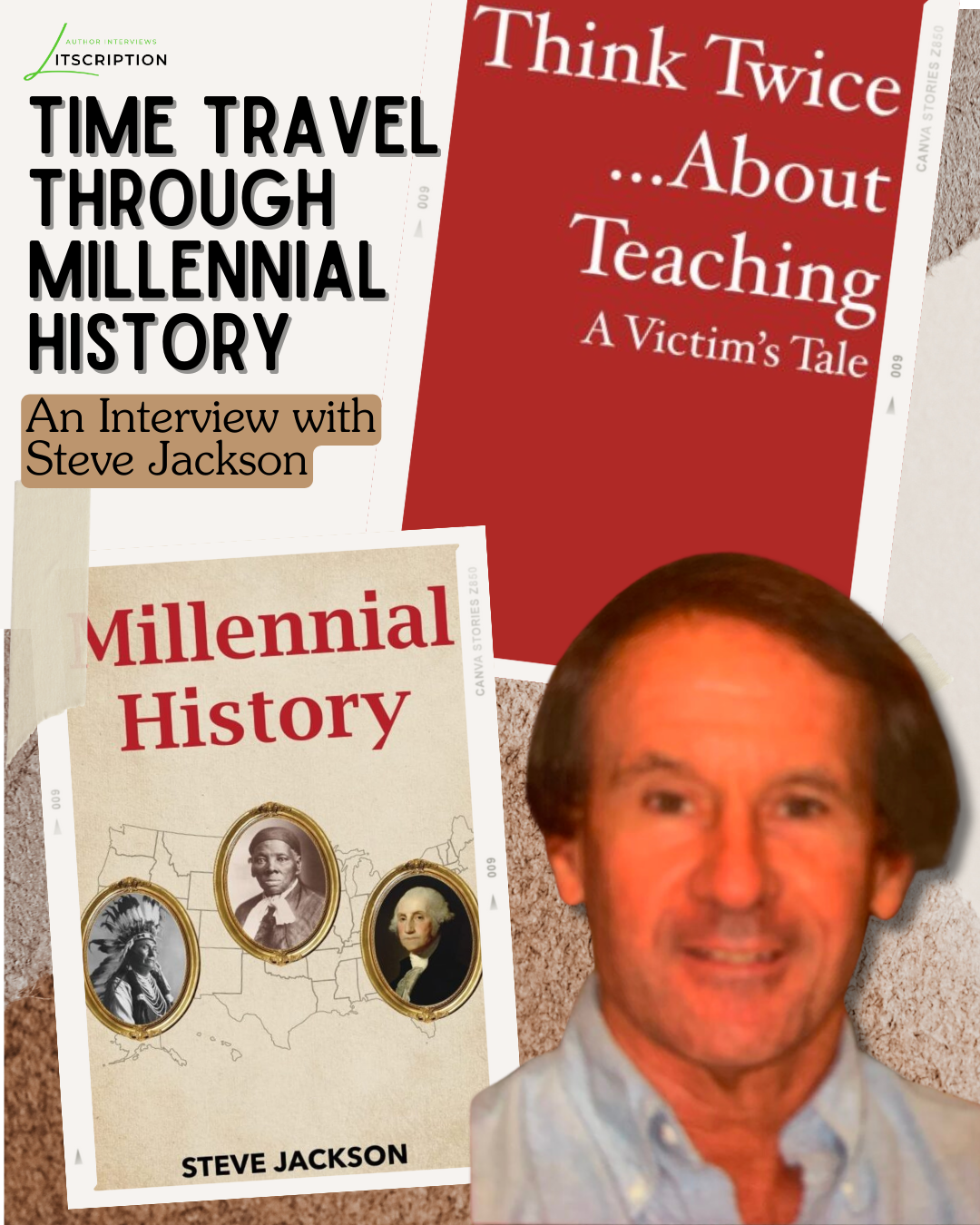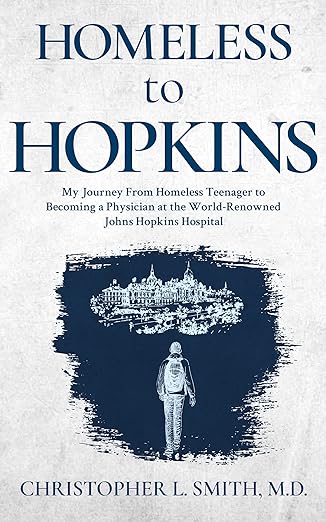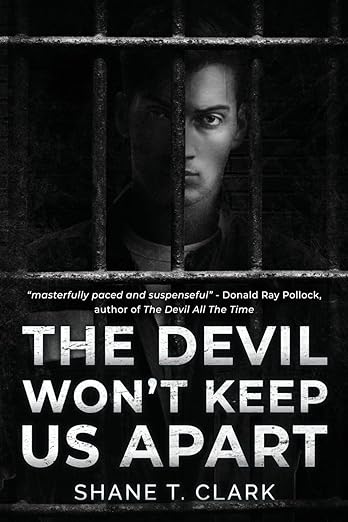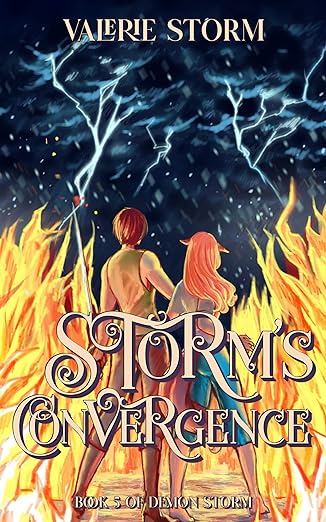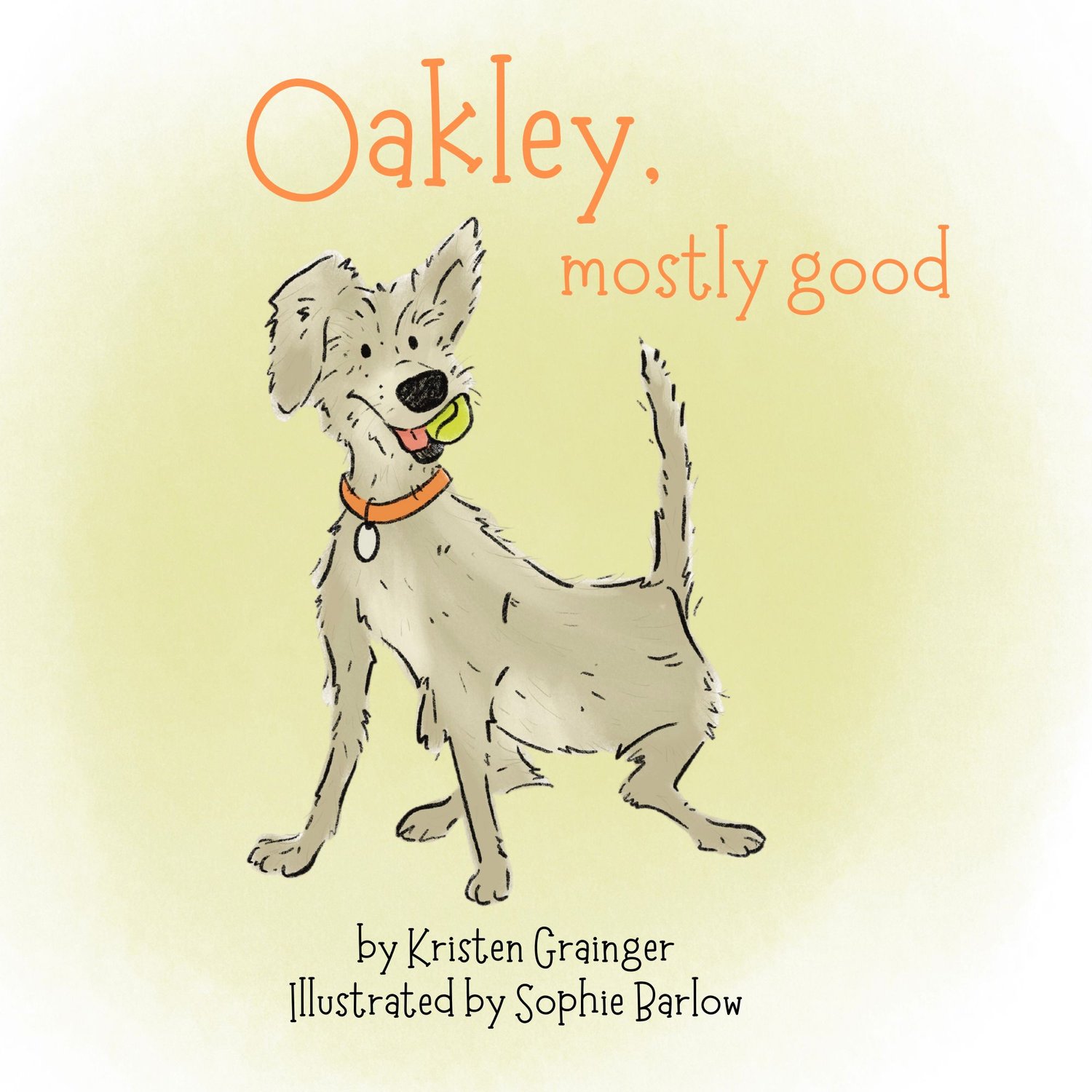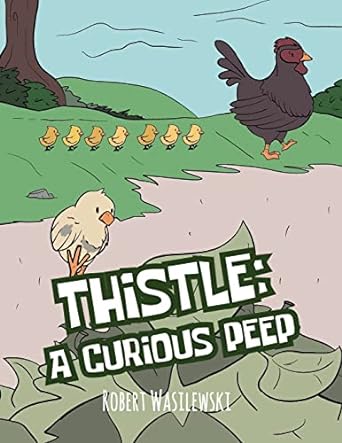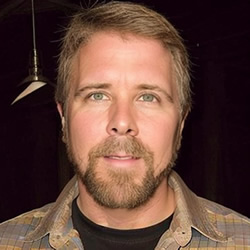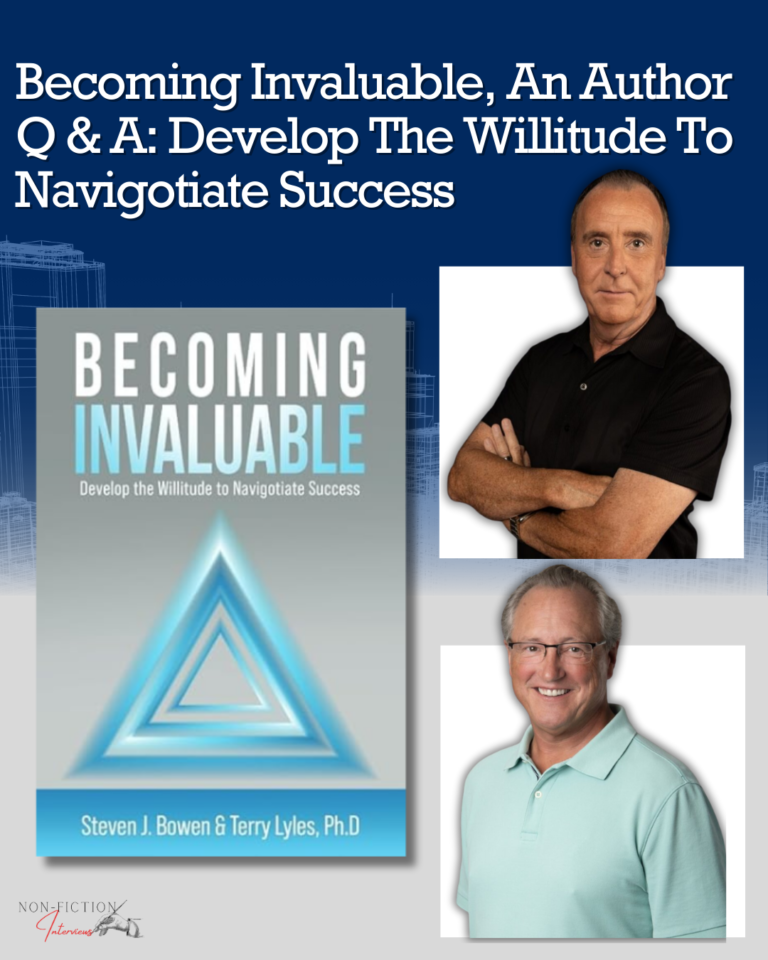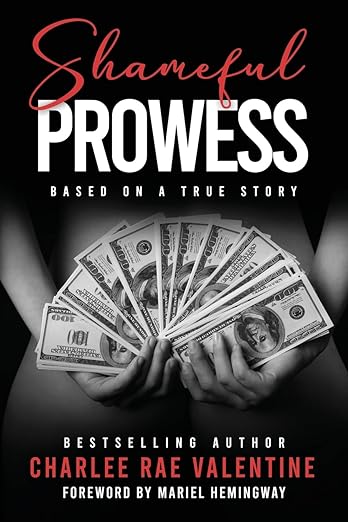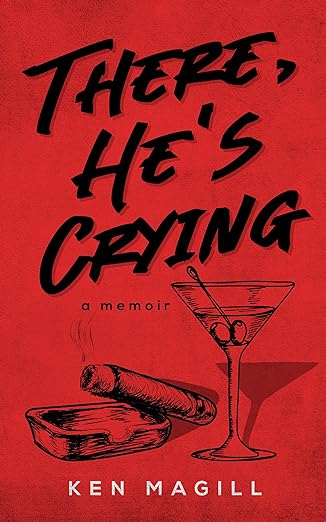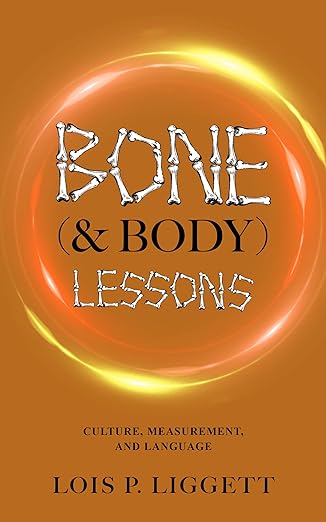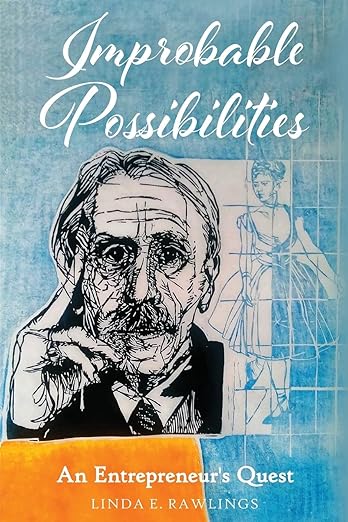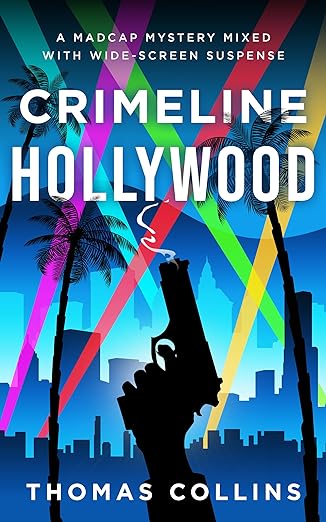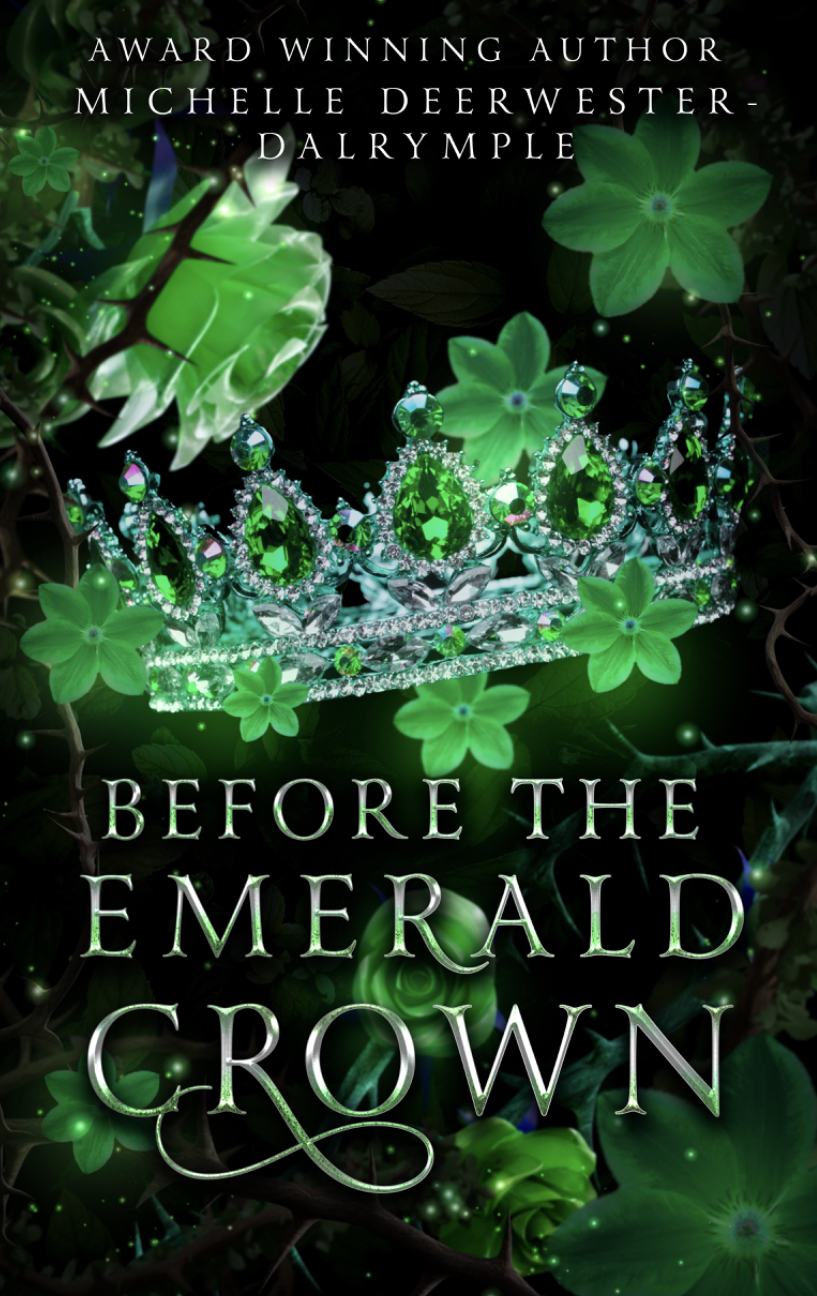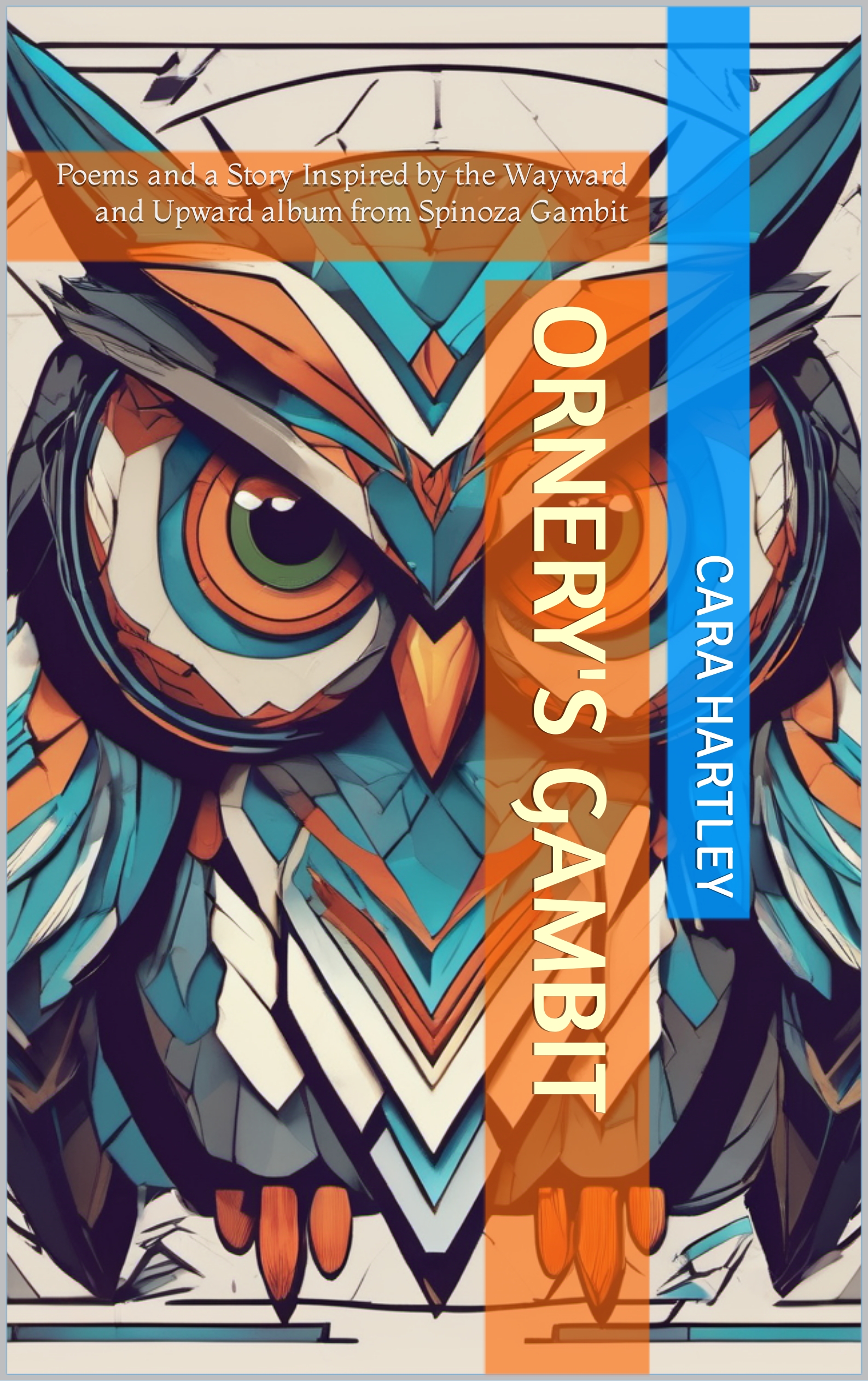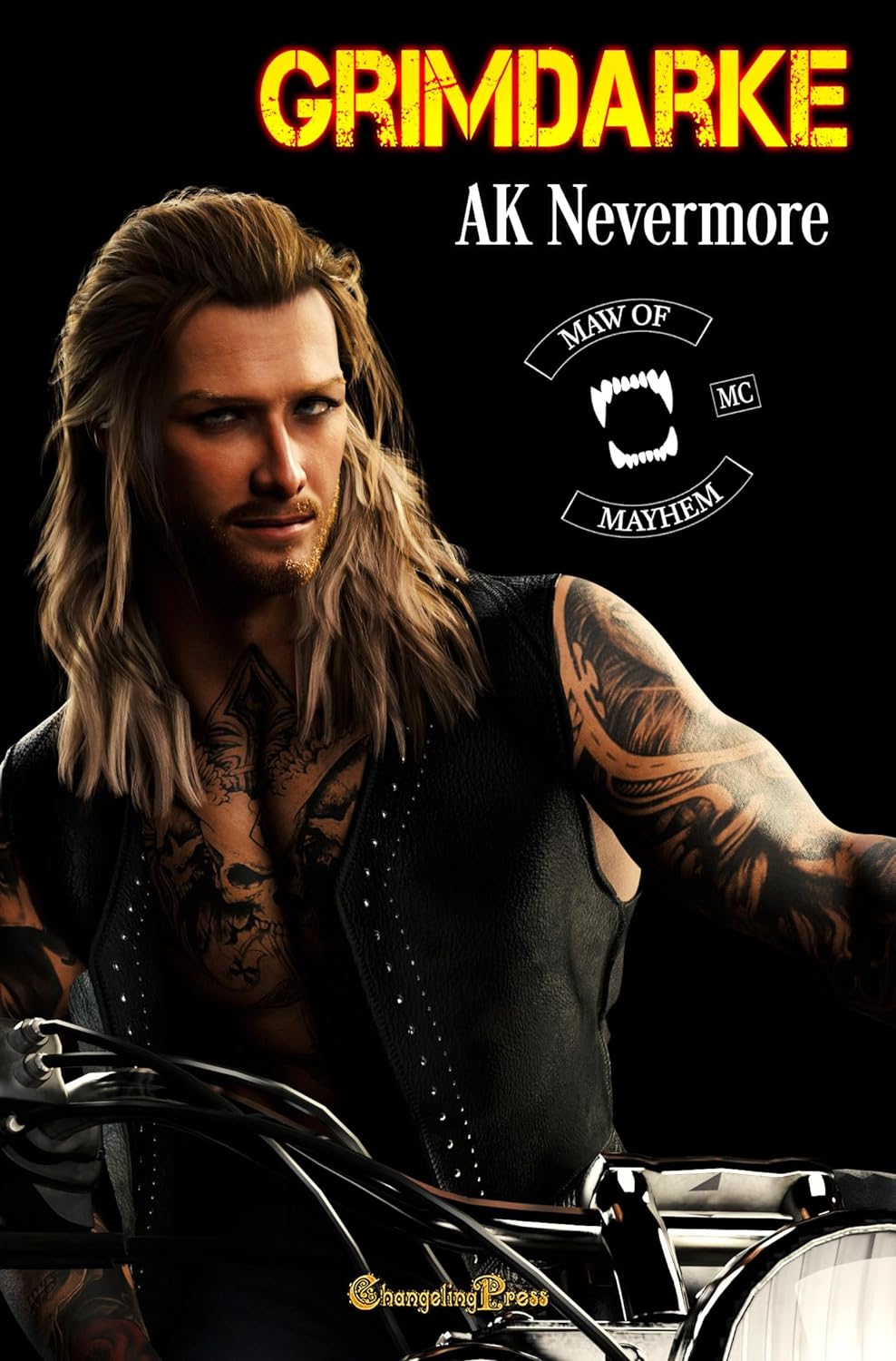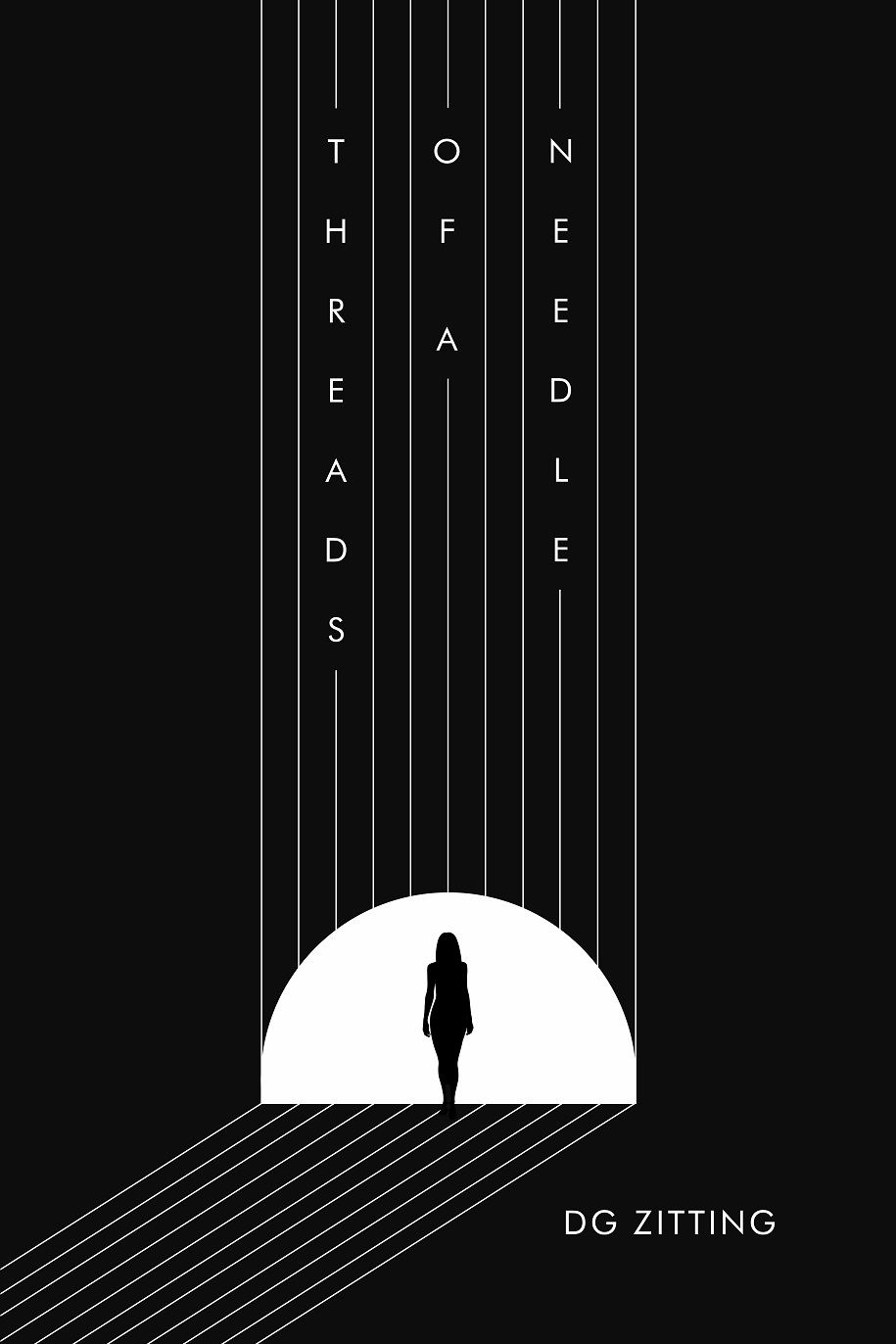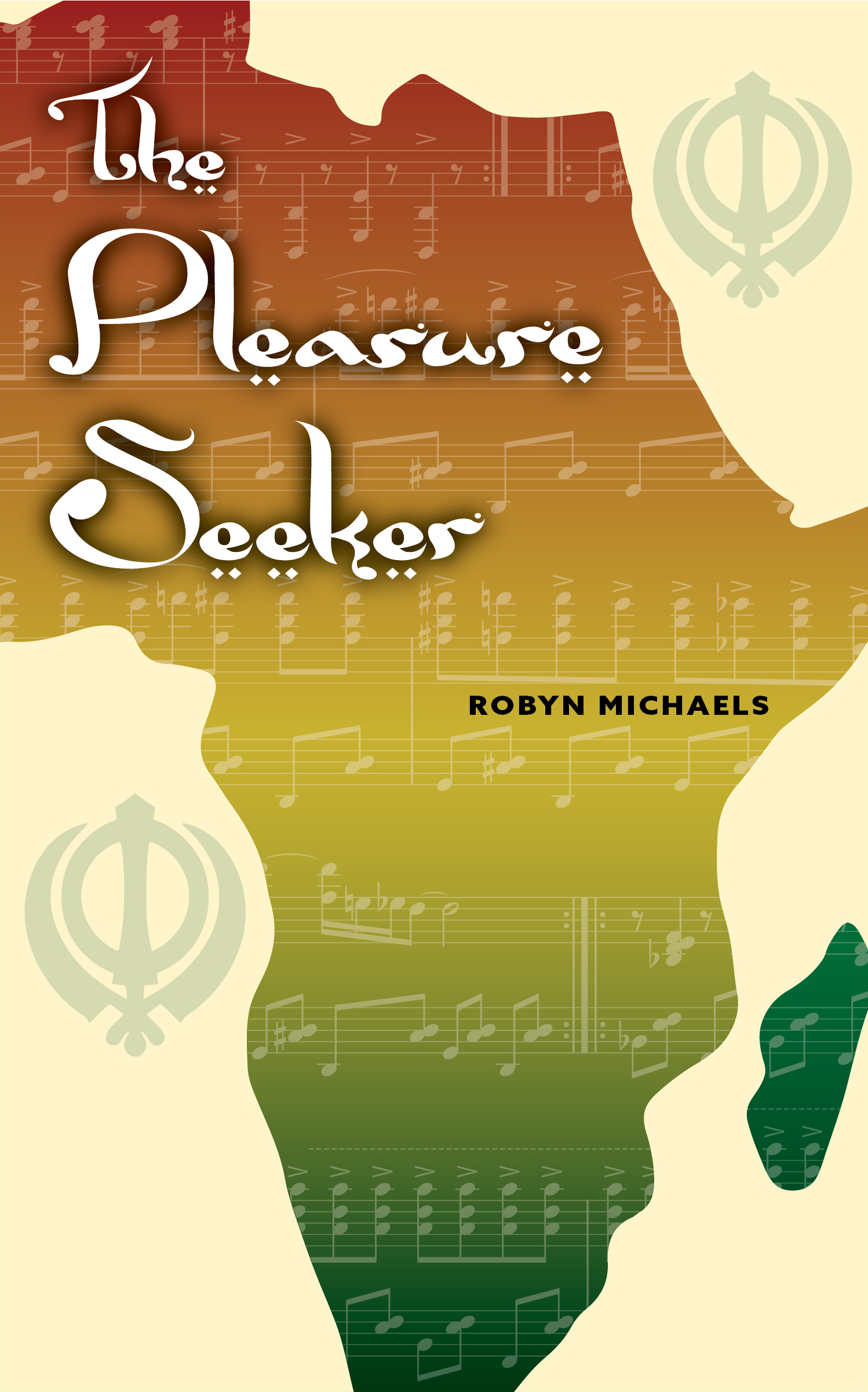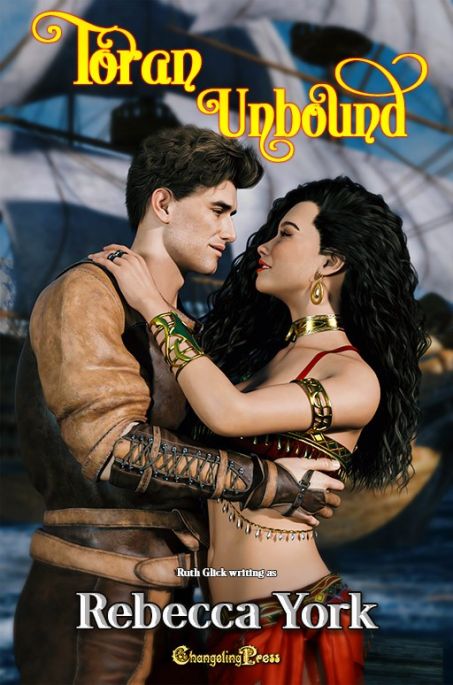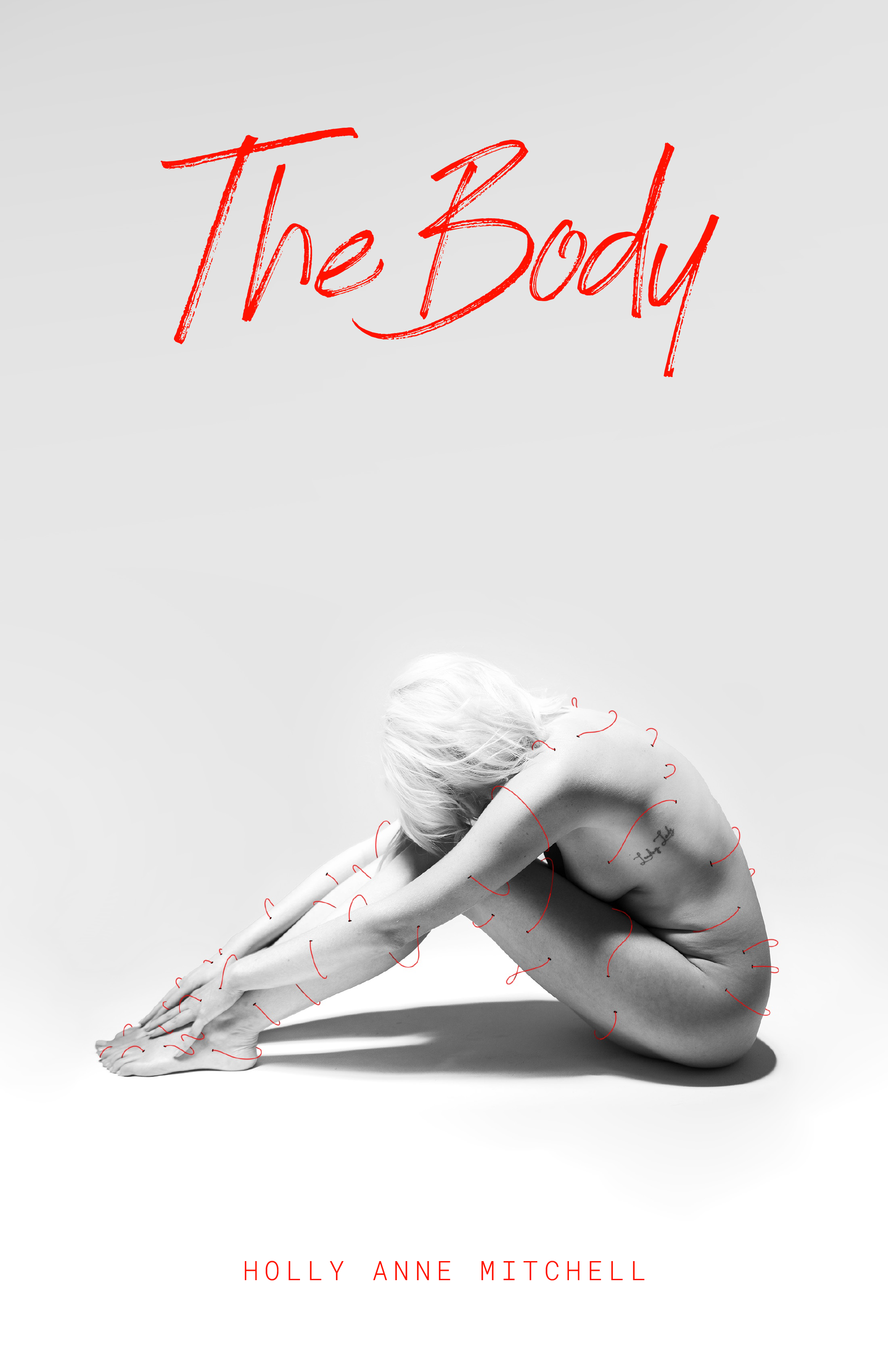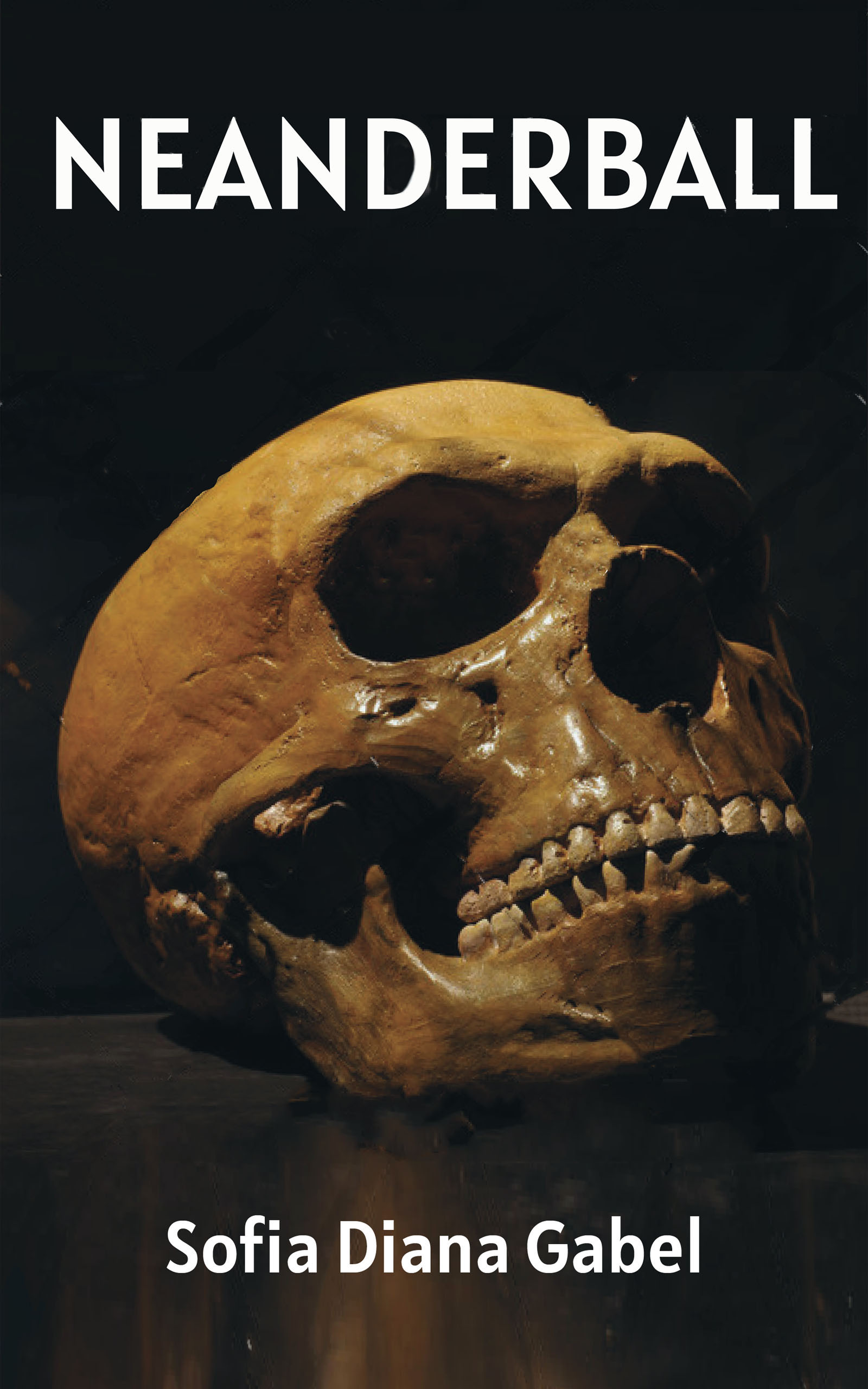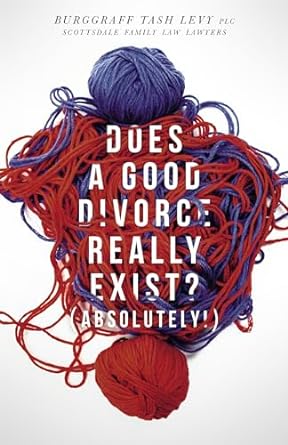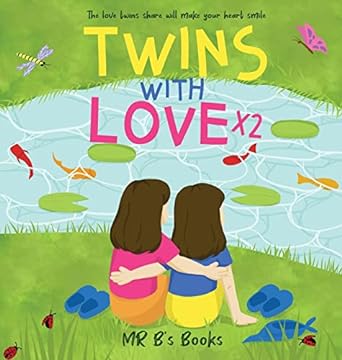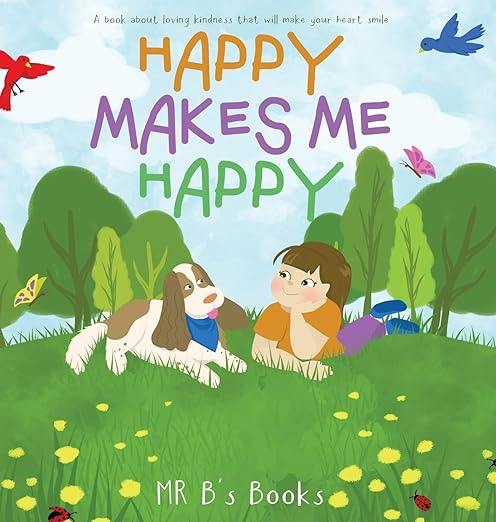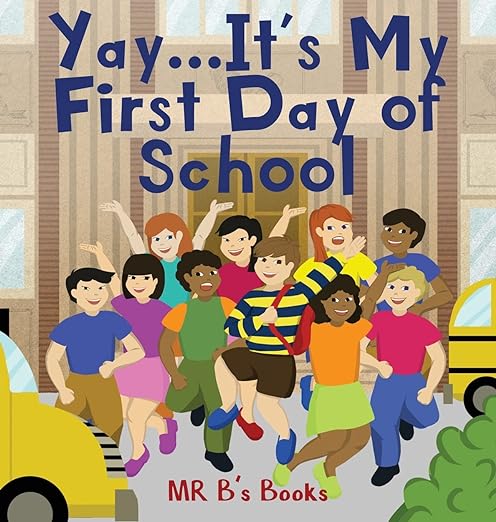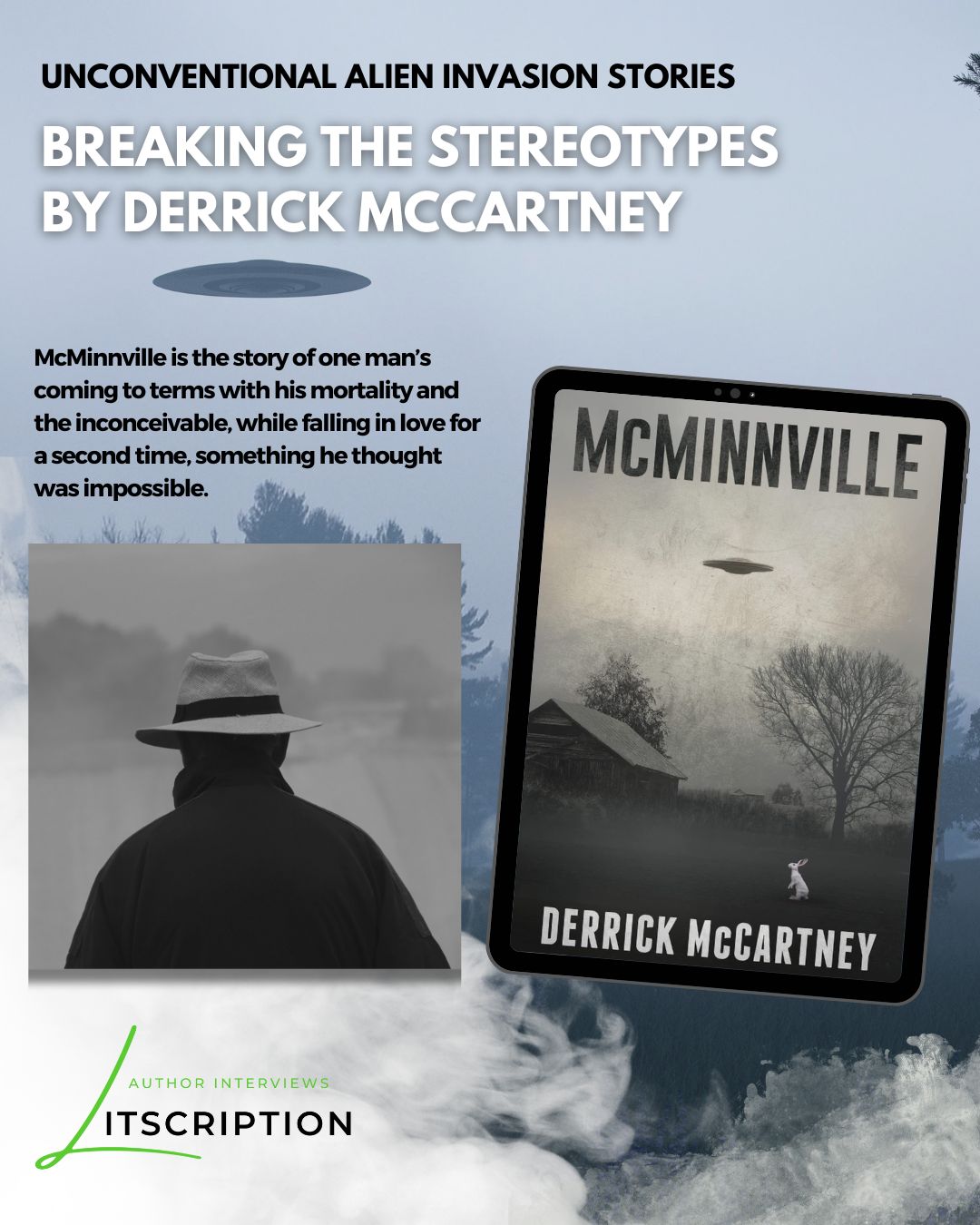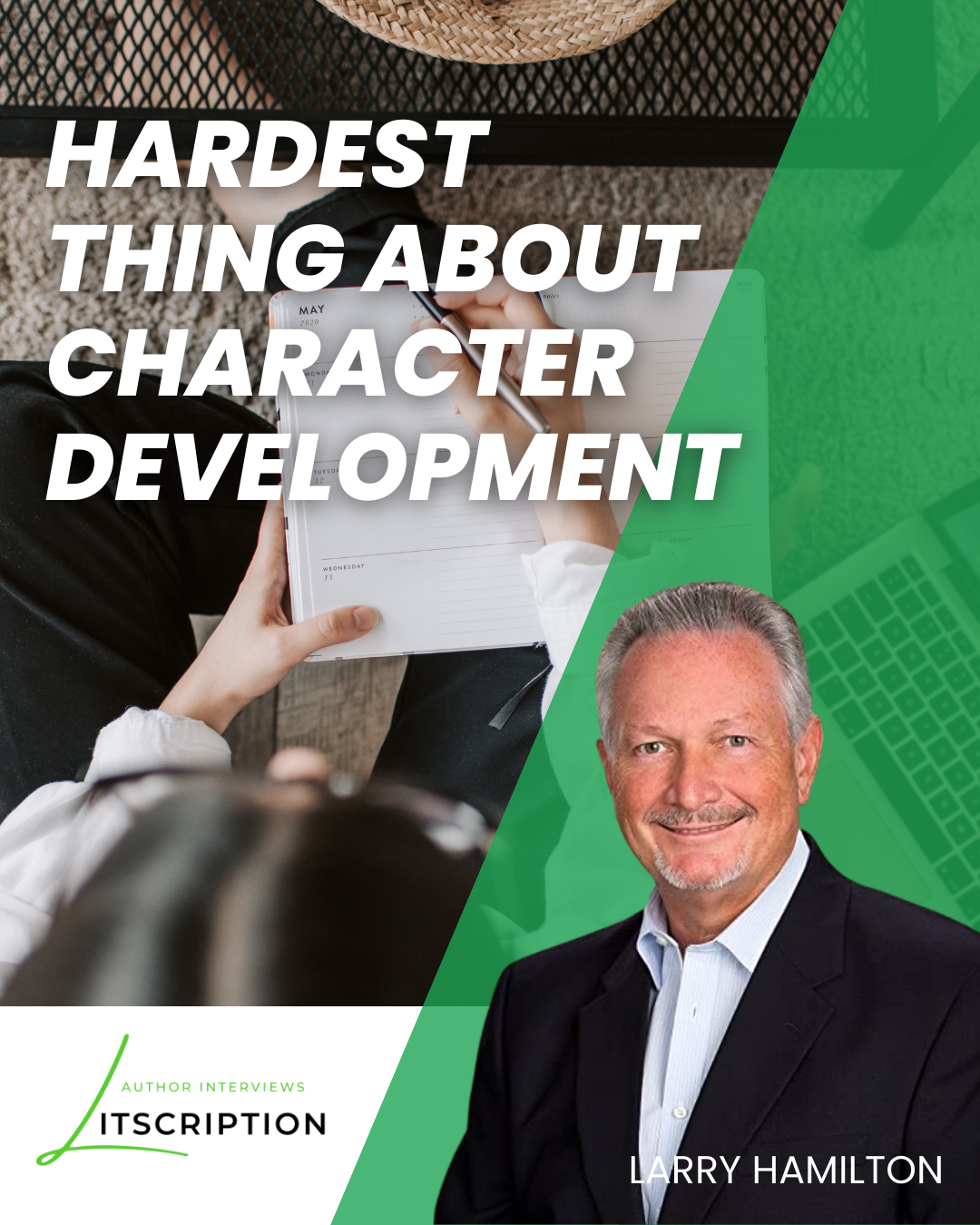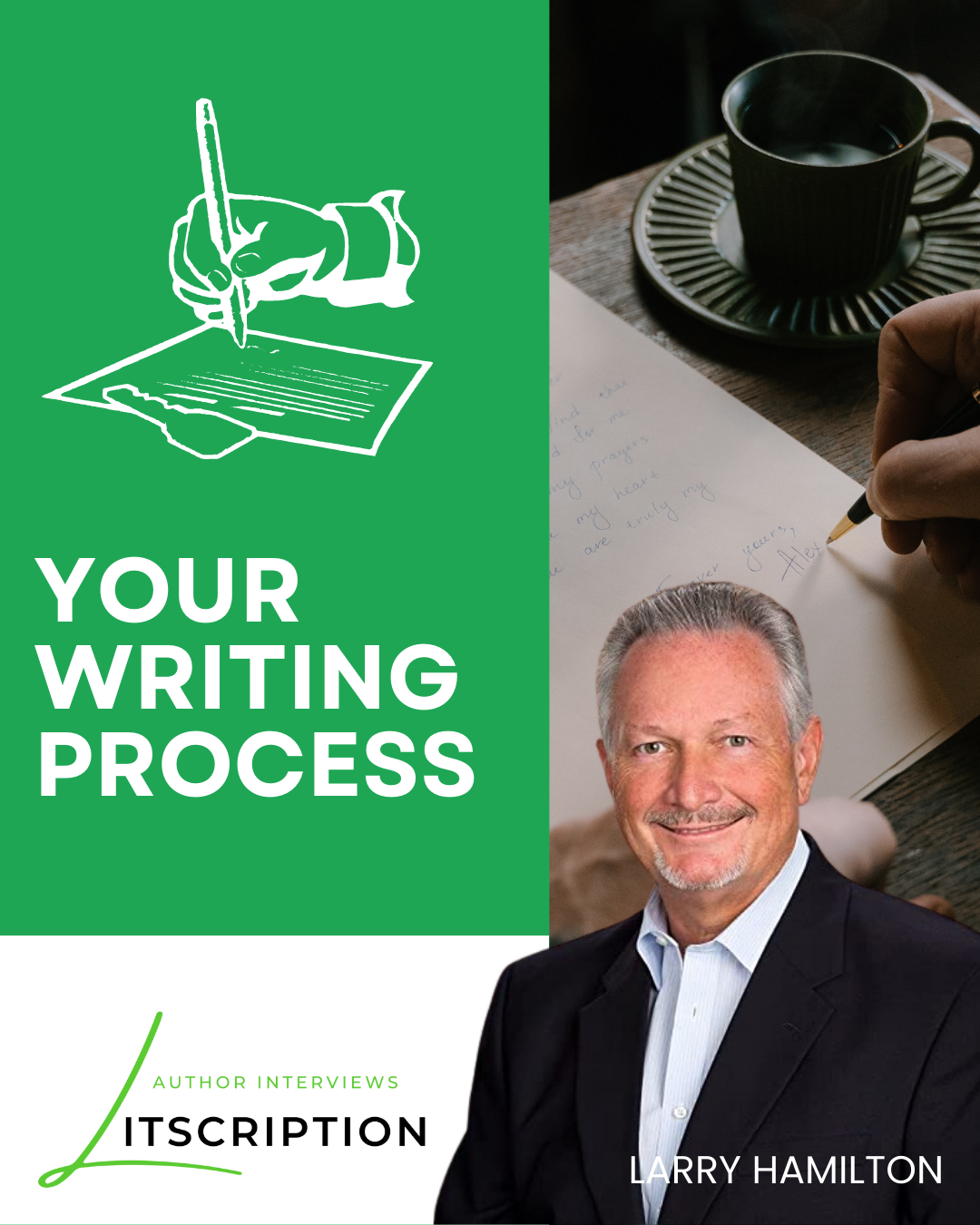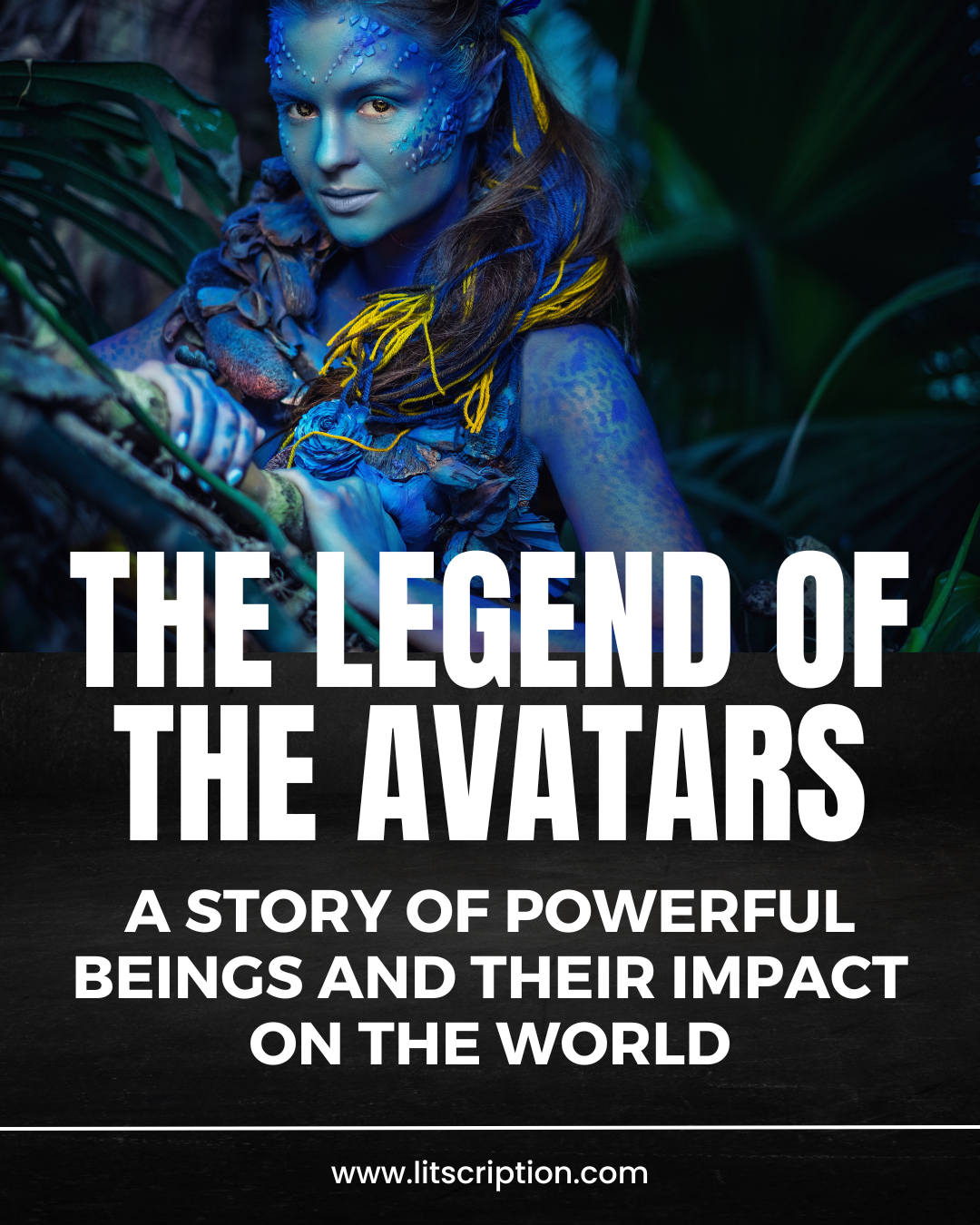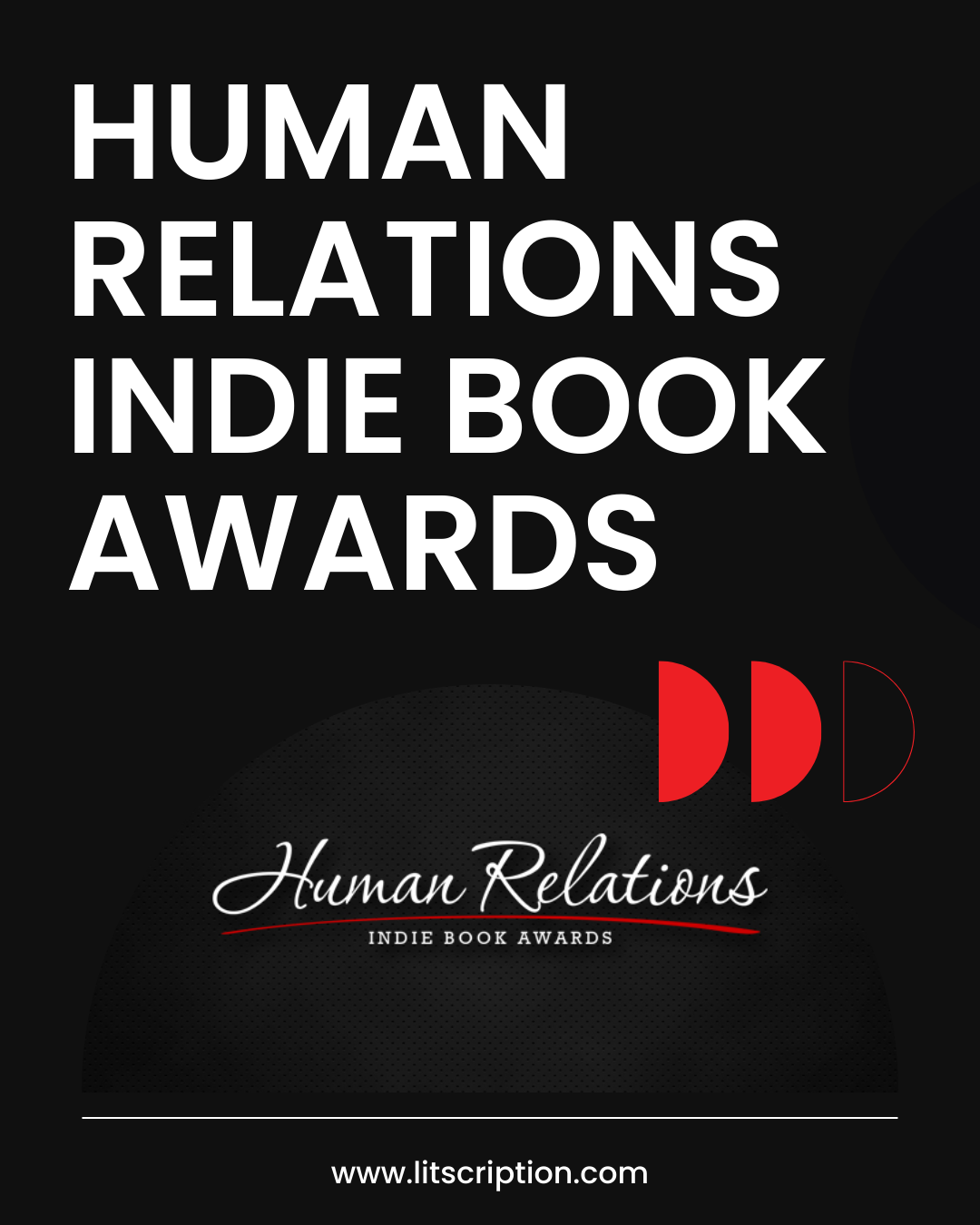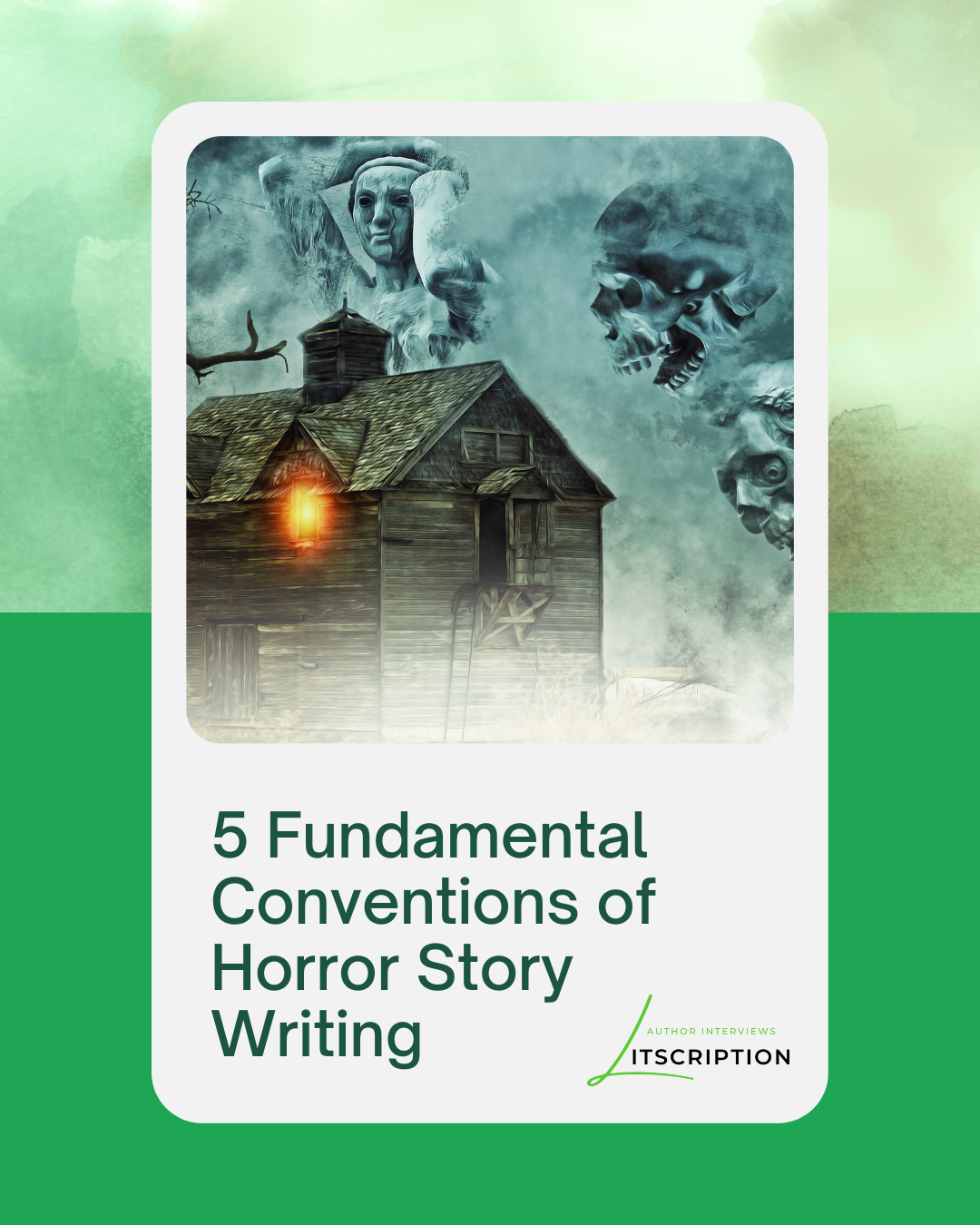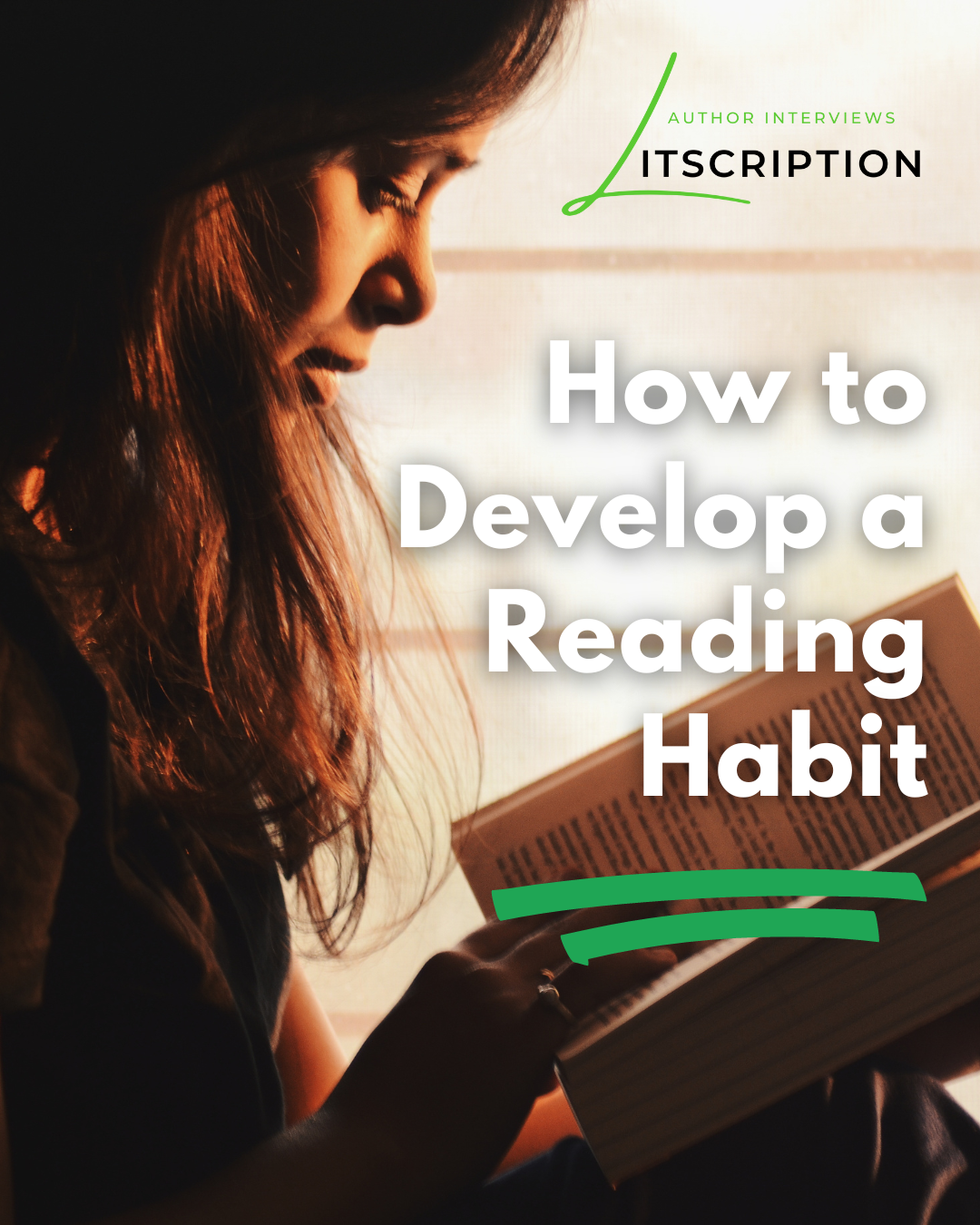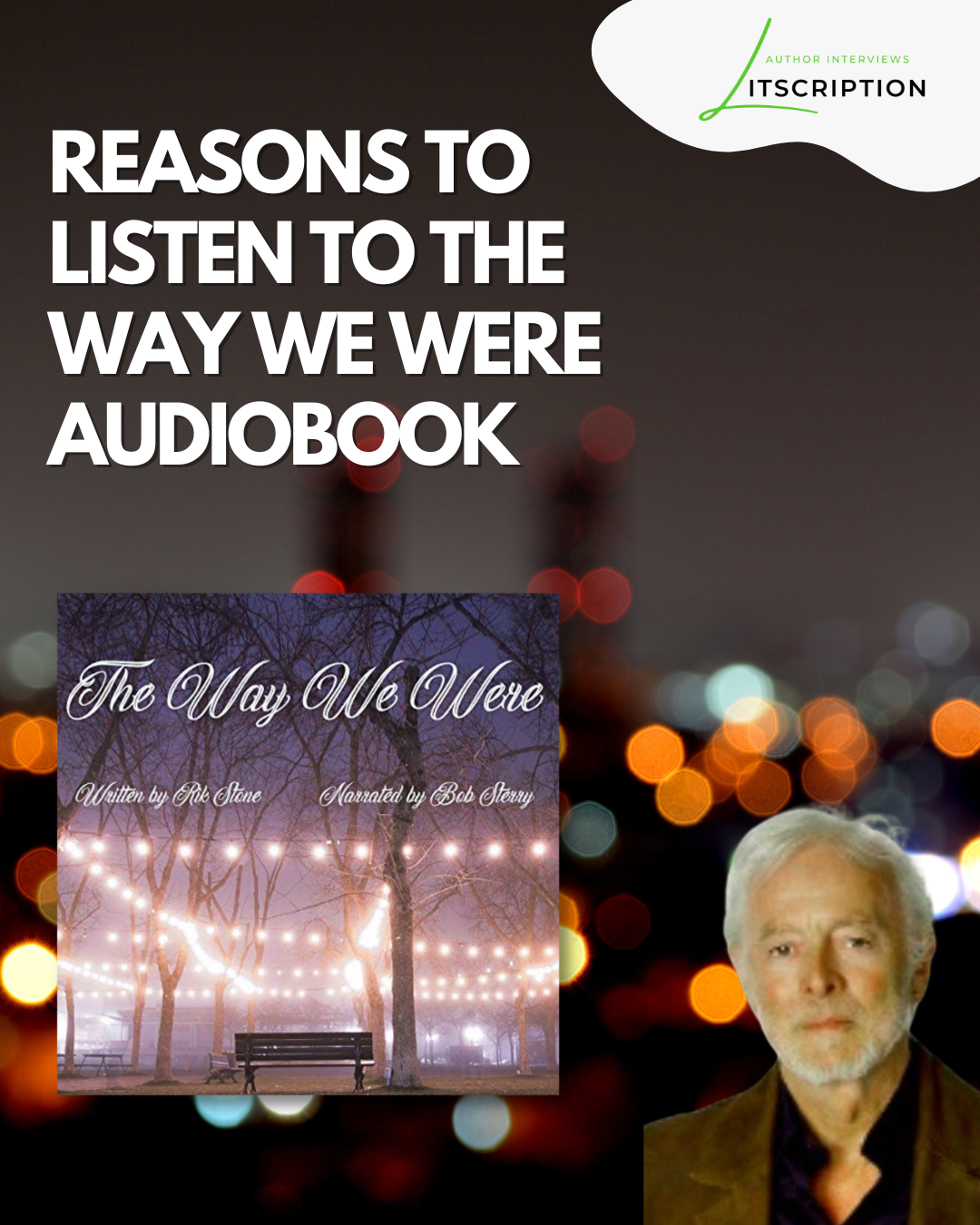The course of history has wielded a profound influence on the contemporary world. Studying the intricacies of the past not only offers valuable perspectives on the present but also enables us to conceive a more optimistic future. Embark on a historical odyssey with Steve Jackson’s Millennial History, traversing early world events to the intricacies of the modern American socio-political landscape. Whether you’re eager to unravel the foundations of the American nation or seeking a refresher from those high school history class days, this book is tailored for you. Join us today as we explore Jackson’s condensed historical narrative and glean insights for the present and beyond.
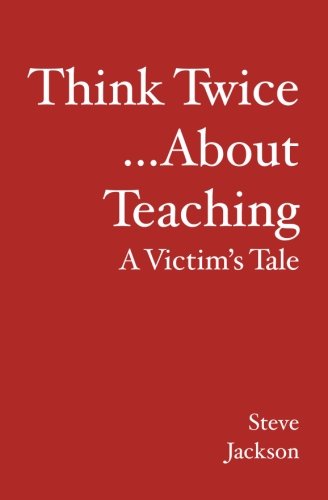 How many books have you written and which is your favorite?
How many books have you written and which is your favorite?
Millennial History is my second (and probably last) book. This is also my favorite because I wrote it out of joy for the subject matter. I was able to condense 35 years of teaching history into a compact tome of just under 500 pages that begins with the origin of mankind and ends with the Biden Administration in the US. My first book, Think Twice About Teaching, I wrote out of duress. I was targeted by a vindictive school board for termination based on lies and innuendo so to defend my besmirched name, I wrote this book as a parody of my accusers but also as a warning to others who might want to enter the teaching profession.
What part of the book did you have the hardest time writing?
The most difficult chapter to write about in Millennial History was about the structure of the US Constitution. There are many technicalities to the document addressed. Additionally to bring some life to this subject I had to cite relatable events so that the readers could make better sense of how the Constitution applies to them on a personal level.
What part of the book was the most fun to write?
I wrote chapters on the 1950’s, 1960’s, 1970’s and 1980’s. In these decades history was up close and personal Fortunately I still have a clear mind and vivid memories of the events that shaped those decades. Though it was not all fun and games during those halcyon years I grew a lot, laughed often but also reduced to tears. These were my formative and maturing years and in retrospect I would not have done anything differently.
Which of the characters do you relate to the most and why?
As a general statement I have the utmost respect for explorers and pioneers whoever they are. You have to admire the early European explorers. Who, without a lot of technology but a lot of guts, spread their cultures to the four corners of the earth. Some examples would be Leif Ericsson, Marco Polo, Vasco De Gama and Columbus. Within the confines of the 48 states, I admire the Mountain Men such as Jeremiah Johnson, Jedediah Smith, John Muir and Kit Carson all of whom explored and mapped all of the West beyond the Rockies on foot!!
There are other pioneers who broke the racial barriers at risk to themselves. People such as Harriet Tubman, Rosa Parks and Jackie Robinson. The third group I admire are the Renaissance Men such as Da Vinci, Ben Franklin and Thomas Edison who himself has over 1000 US patents. All of these groups are on the Mt. Olympus of human endeavor.
If you’re planning a sequel, can you share a tiny bit about your plans for it?
I have no plans for a sequel as typing is torturous for me. I will continue to post blog entries to my website millennialhistory.com.
What is a significant way your book has changed since the first draft?
I spent eight hours on the book outline the first day. The only changes were current events that came about. I will be pithy and say only that, in terms of the actual text, I was the best editor.
What perspectives or beliefs have you challenged with this work?
I have a fairly traditional approach to the evolution of history in that a little change is good. Even for the most successful nations. But the push for rapid change results in chaos and worse. Towards the end of my book, I ask, do you want to live in America (traditional) or AmeriKa (secular)? I describe both visions, based on my data, observations and experience, then let the reader decide.
What inspired the idea for your book?
Across the generations, I have discovered that people know scant little about the history of their nation. Friends badgered me to write this book. My reluctance overcome by the notion to share my knowledge of the country that I love. In short, this is my legacy and a gift to all the generations, now and in the future.
How would you describe your book’s ideal reader?
This book was written for those who were uninterested in history when younger and now want to start learning. Also for the younger generations with no exposure to this material. That now realize they have been shortchanged and manipulated. My fervent desire is for the reader to aspire to learn more history at the next level.
How much research did you need to do for your book?
My bibliography will denote 22 sources. I retained files from my teaching days and over 30 years of diary entries. Lastly I taught a parallel curriculum for over 20 years.
How important was professional editing to your book’s development?
Being a self-published author, the formatting was done by my company. The editing was my labor of love!
 What characters in your book are most similar to you or to people you know?
What characters in your book are most similar to you or to people you know?
I identify with those who overcome difficult odds and go on to accomplish great things. My personal hero is Teddy Roosevelt. He was born a sickly asthmatic and incurring left-eye blindness. Nevertheless, he excelled in many careers. Culminating in the Presidency of the US, ranked in the top five. I also admire the courage and determination of Gen. Robert E. Lee. His tactical brilliance on the battlefield was the primary reason the South was able to stand toe-toe with the much mightier North for four, grueling years of the Civil War.
How long did it take you to write this book?
After multiple delays and revisions beyond my control, exactly two years. I wrote the outline on Feb 1,2020 and the book went on sale online on Feb 1, 2022.
How did you come up with the title for your book?
The title was the easy part. The scope of the book stretches back over the millennia. I do believe that a wide swath of the Millennial Generation was cheated out of learning a good comprehensive history of America, with some world history added in, hence the title Millennial History.
Would you and your main character get along?
It would be one of two men who had an equal impact on the American Republic. I could toss a coin between George Washington, founder of our nation and in my family tree, or Abraham Lincoln, preserver of the nation. Without either one, we would have no nation to be proud of.
If you could meet the characters, what would you say to them?
I am casting my conservative nature aside here (and invoking Walter Mitty) by responding Sir Francis Drake! Commissioned by the Queen of England as a roving sea dog (glorified pirate) he was charged with looting all the Spanish Galleons (cargo ships) of their gold. He had carte blanche to sail the seven seas to loot at his whimsy. He thumbed his nose at his Spanish pursuers who never caught him. It sounds like he had a lot of fun. But he also changed the course of history in that the Spanish Armada, tired of being humiliated by Drake and the British Navy, was defeated by Drake and the British in 1588. The arc of world culture became British, not Spanish. And of course the British went on to birth our nation as the 13 Colonies!
Millennial History Blog: https://millennialhistory.com/blog/
Millennial History
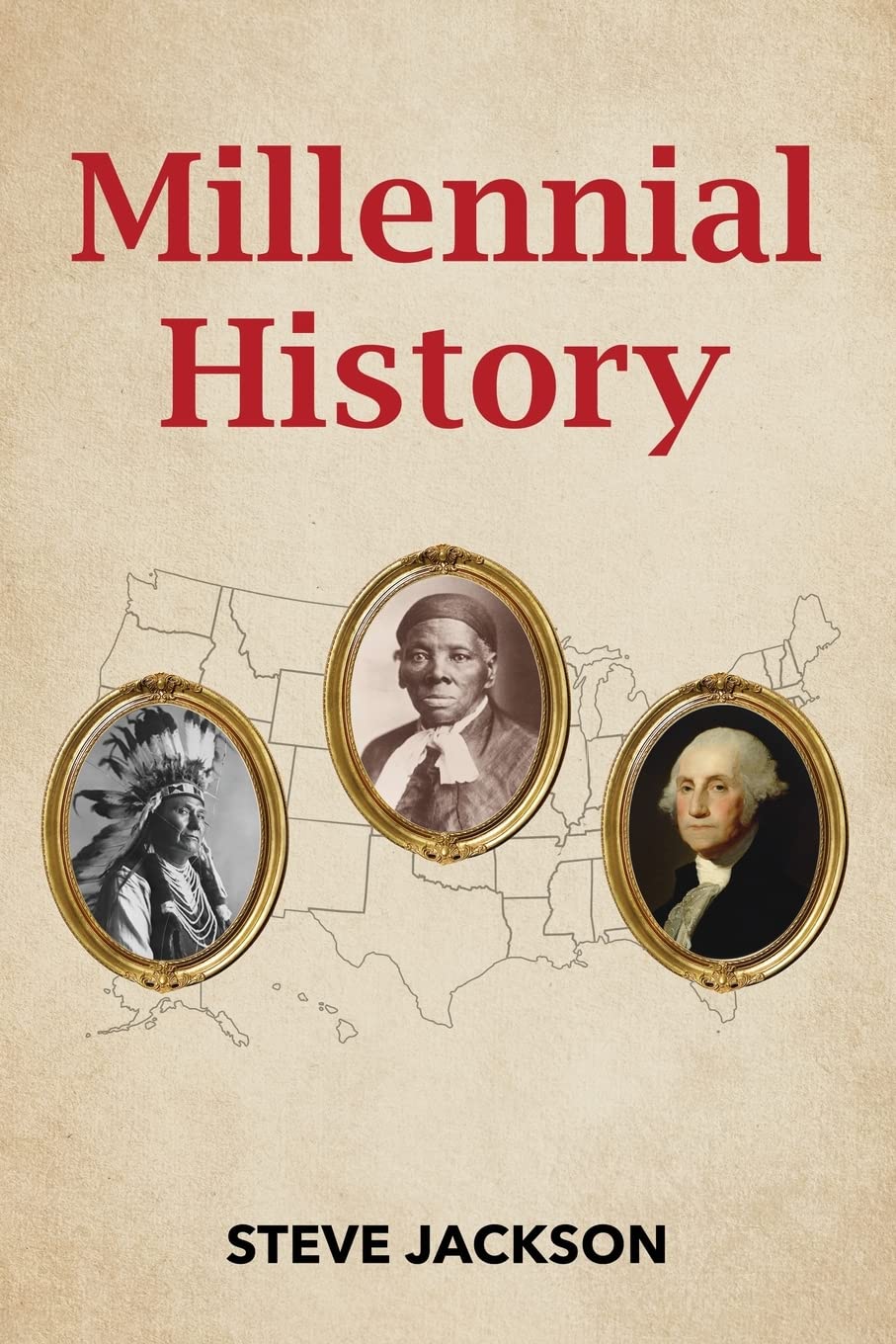 Slept through high school history class? Want to learn more about the book cover icons of Harriet Tubman, Chief Joseph, George Washington and others? How about the Russian naval officer who saved the world from nuclear annihilation? If you do, then Millennial History may be for you.
Slept through high school history class? Want to learn more about the book cover icons of Harriet Tubman, Chief Joseph, George Washington and others? How about the Russian naval officer who saved the world from nuclear annihilation? If you do, then Millennial History may be for you.
From the dawn of man to the Biden Presidency, the book begins with an abridged version of the contributions of ancient cultures that led to the rise of Europe and the settlement of America.
The emphasis of the book is on the foundations of the American nation rooted in democracy, individual freedoms, sacrifice and a strong work ethic. The latter chapters explore the influence of popular culture and the media on a changing America, both for better and worse. Recent presidencies are detailed and the book ends on an ominous note, identifying the main threats to the survival of a democratic America.
